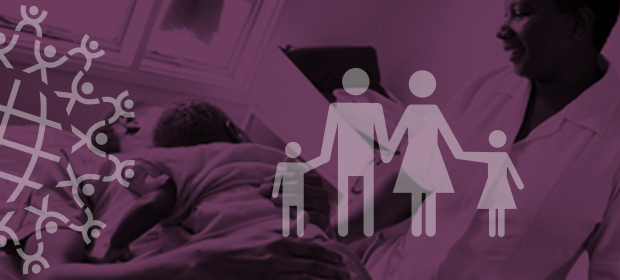Where We Work
See our interactive map


As religious leaders come onboard, family planning is enjoying far wider acceptance.
BEER, SENEGAL—The mosque loudspeaker crackles to life, just as it does five times a day, every day, in this quiet village just outside the Senegalese capital, Dakar.
But instead of the typical melodious call to prayer, the voice booming from the minaret is all business.
“If you are interested in learning about your family-planning options, please come to the health center immediately,” he begins in Wolof, the local language. “The program will begin shortly.”
Religion announces itself loudly in Senegal, which is more than 90% Muslim. Paintings of marabouts—leaders of the country’s popular Muslim brotherhoods—stare down from above grocery store tills and dangle from the rear-view mirror of yellow taxis. Cars rapides, the wheezing, colorful mini-buses that serve as public transportation here, are often scrawled with alhamdulillah (“Praise be to God”)—along their sides and on their flaking bumpers. And the word inshallah, or “God willing,” passes as an affirmative answer to almost any question here, from “Will it rain today?” to “Do you have potato chips in stock?”
So when public health officials and international nongovernmental organizations began pushing to expand access to birth control here, it made sense that they would begin at the mosque.
Continue reading the full article in The Christian Science Monitor.
Get the latest updates from the blog and eNews




